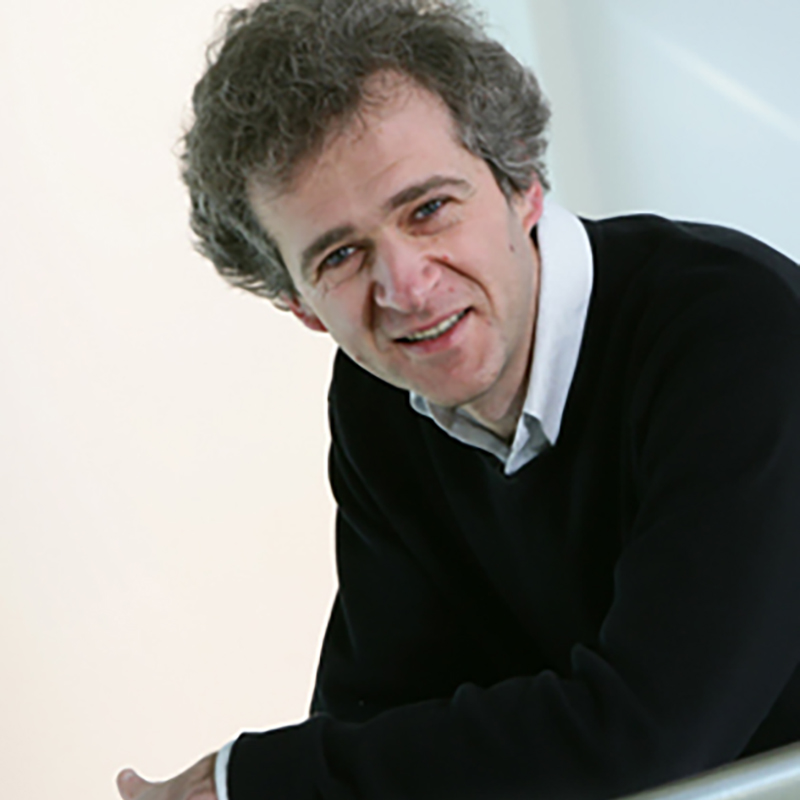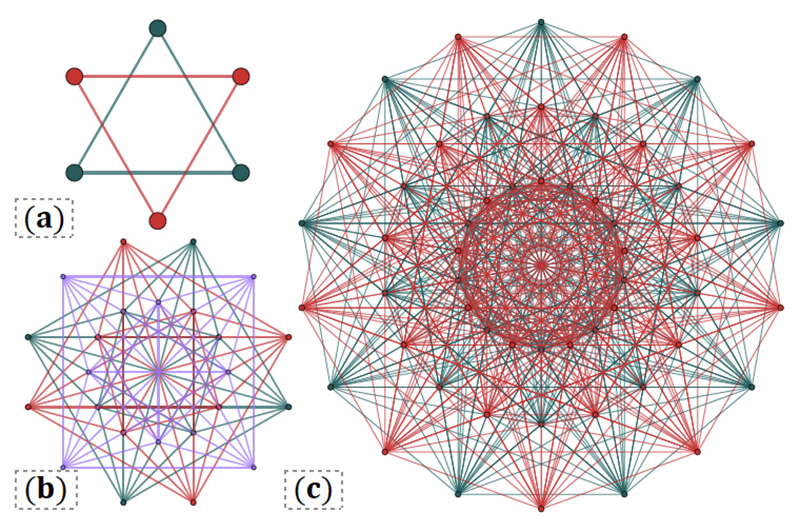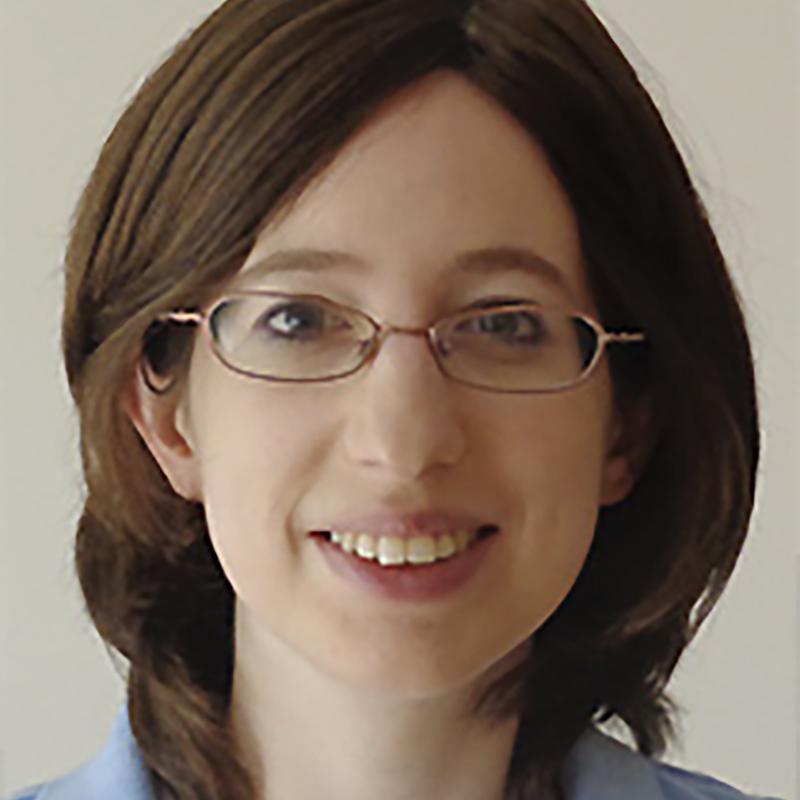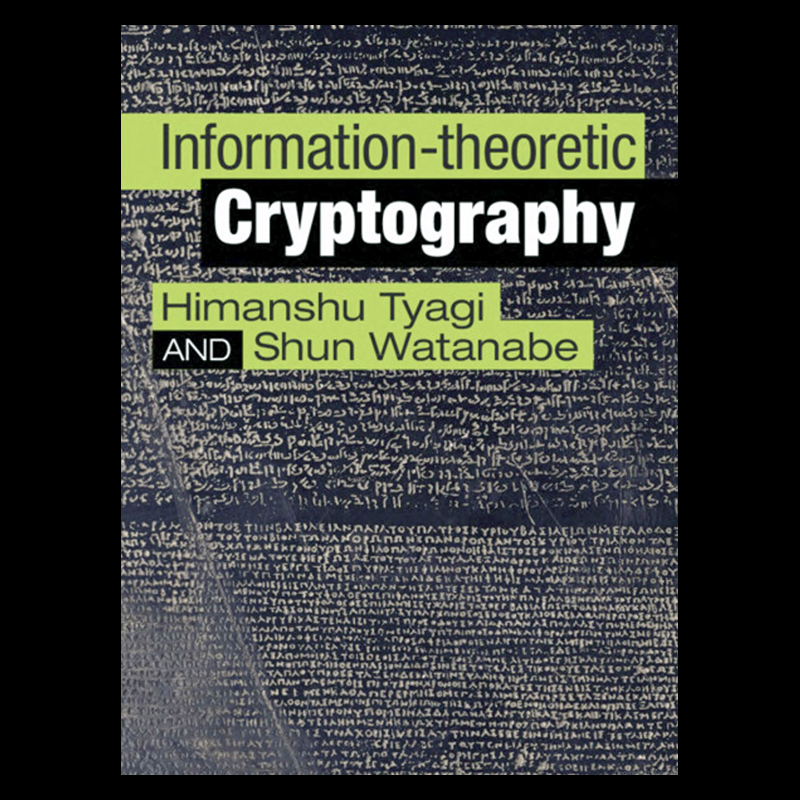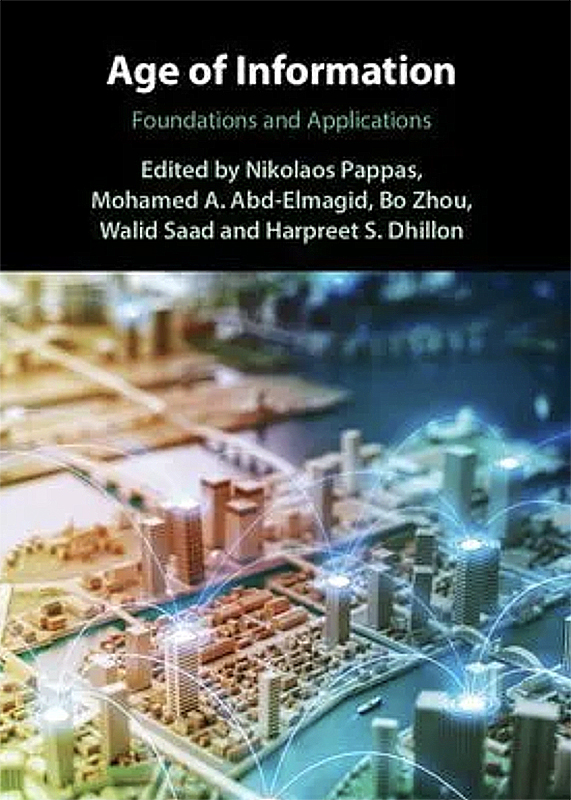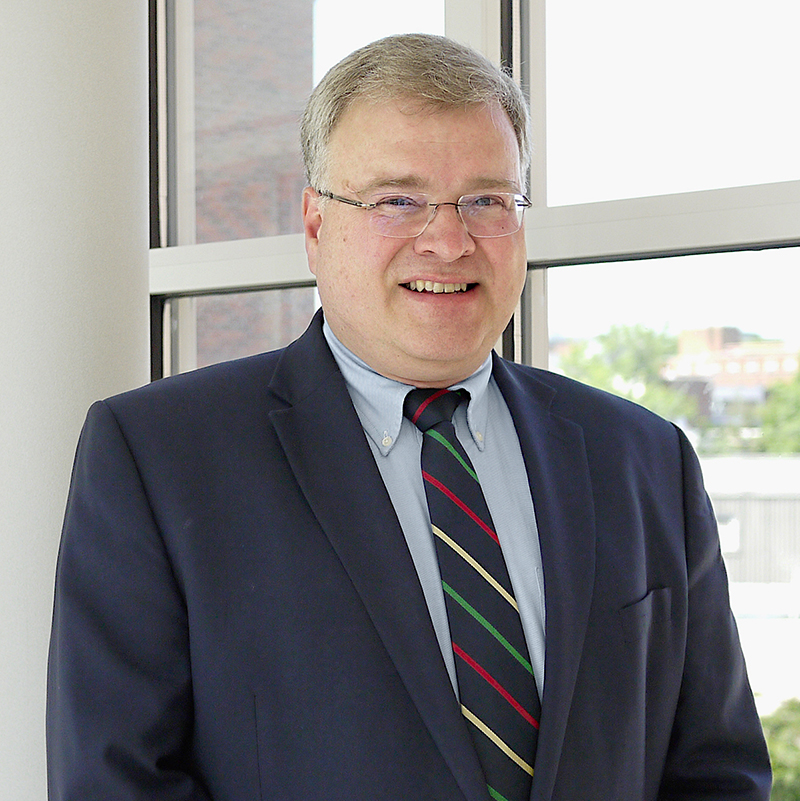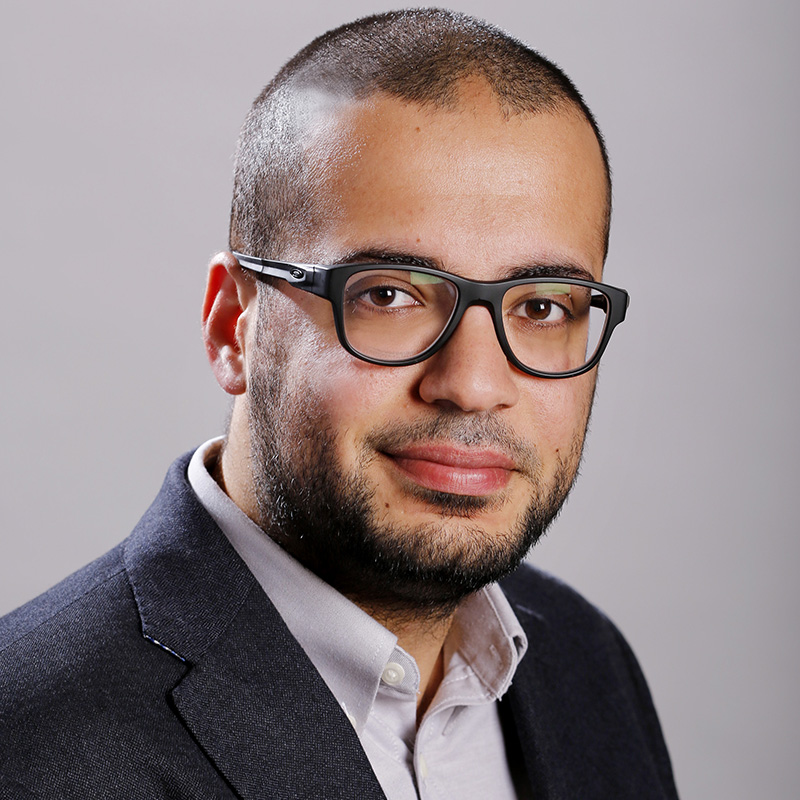News Story
Barg is PI for new quantum LDPC codes NSF grant
Quantum LDPC codes: structure and logical operations is a three-year, $600K National Science Foundation Communication and Information Foundations grant. Professor Alexander Barg (ECE/ISR) is the principal investigator and Victor Albert, a UMD adjunct assistant professor in Physics, is the co-PI.
Abstract
Quantum computer algorithms hold significant promise in tackling fundamental search problems that lack efficient classical solutions. The general challenge of constructing functioning quantum computers is thus currently pursued by engineers in academia and industry worldwide, and it is also supported by theoretical research in the physics and computer science communities. Since quantum states, irrespective of the specific architecture, are inevitably exposed to inherent noise, the reliability of quantum computations hinges on incorporating noise-controlling procedures directly into computational processes. This challenge gives rise to various issues concerning the construction, analysis, and implementation of quantum error-correcting codes. This project specifically delves into the study of a class of quantum codes known as low-density parity-check codes, which are considered promising contenders for facilitating fault-tolerant computations. The anticipated outcomes of this project include constructions and analysis of new methods of noise mitigation in the computation process, as well as development and teaching of undergraduate courses covering quantum information science.
Recent advances in quantum coding theory have focused on the construction and decoding of quantum stabilizer codes, whose generators act on a small number of qubits. Such codes, termed low-density parity-check codes, have been the primary candidate for supporting fault-tolerant operation of quantum computers. Several related code families, designed in the last few years, attain parameters that were previously thought impossible for this class of codes. Relying on methods of homological algebra, balanced product codes and, in particular, lifted product codes, new designs were shown to have distance proportional to the block length of the code, resulting in asymptotically good code families. One problem area that this project will analyze is constructions of logical operators for balanced product codes that act locally, for instance, on a single physical qubit or a small group of such qubits. Logical operators of this type are preferable for implementing the codes, and constitute an active, developing research area. This project will also study common underlying structures in the two prominent families of quantum low-density codes, namely, lifted product codes and quantum Tanner codes. A key goal of this study is to advance constructions of quantum locally testable codes, which are important in quantum complexity theory. This project also will address constructions of lifted product codes based on specific graphs and group actions, aiming at constructing new stabilizer codes of small or moderate length with improved parameters.
Published November 30, 2023
